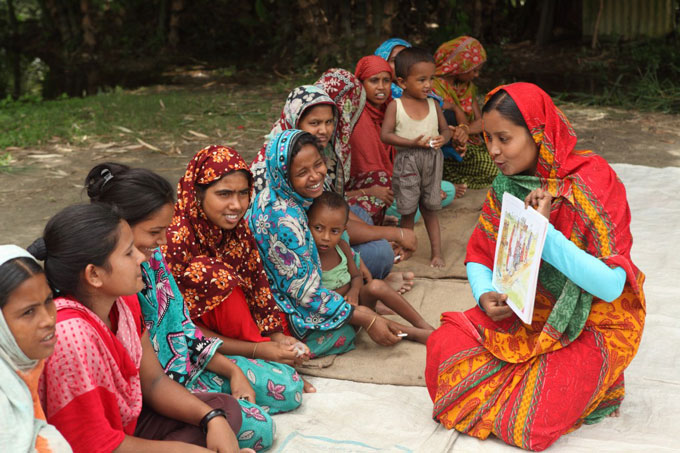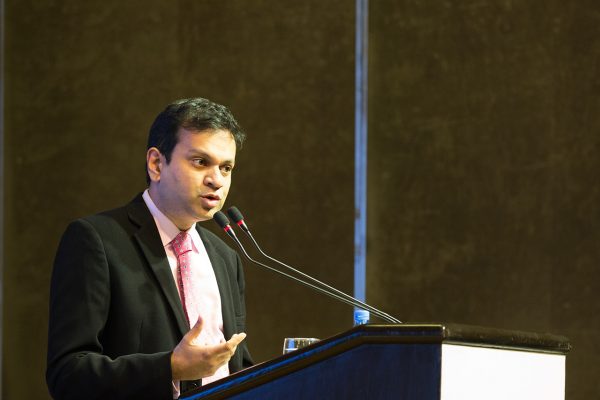Bringing justice into the global development agenda
Reading Time: 2 minutes
To help make the case for including justice and the rule of law as a goal in the post-2015 global development agenda, I was in New York from 24 to 28 September to participate in a number of events. Of these, there were three major events which bear a special mention.
To help make the case for including justice and the rule of law as a goal in the post-2015 global development agenda, I was in New York from 24 to 28 September to participate in a number of events. Of these, there were three major events which bear a special mention.
The first was a meeting of the Global Legal Empowerment Network (GLEN) of which BRAC is a member. I serve on the steering committee of GLEN. This meeting was convened by Namati, which is a collective of human rights and legal empowerment organisations worldwide. As a global advocacy body Namati fosters dialogue and collaboration to ultimately build a stronger international movement for legal empowerment. As of today, over 280 organisations and 1,500 individuals from six continents are part of this collective. A critical theme emerging from this GLEN meeting was the dynamic role this network has in developing concrete legal empowerment targets to support the post-2015 justice goal; and that it can inform a global platform behind which the legal empowerment movement can unite and for which it can advocate.
The second event was the Global Dialogue on Rule of Law and the Post-2015 Development Agenda. The event was jointly hosted by the governments of Mexico, the Kingdom of Denmark and UNDP. The event opened with a high-level plenary session where ministers from the co-hosting countries, as well as leading thinkers and practitioners, discussed how the rule of law can support equitable and just outcomes of development, and reflected on how best to support the inclusion of the rule of law in the post-2015 development agenda. Following this high-level segment we broke into three expert working groups to determine:
- How to measure the rule of law and its linkages to development
- What the possible targets on the rule of law, justice and security would look like
- Review the role of traditional justice systems in sustainable human development
The third major event I attended was the second annual meeting of the International Advisory Council for the Global Legal Empowerment Initiative (GLEI). BRAC’s founder and chairperson, Sir Fazle Hasan Abed, is the chair of the International Advisory Council (IAC). The other members of the IAC are: Madeleine Albright, Helen Clark, Fernando Cardoso, Mo Ibrahim, Amartya Sen, James Wolfensohn, and George Soros. This meeting was also attended by, among others, Olav Kjorven, former UN Assistant Secretary-General, who now holds the portfolio of Special Adviser to the UNDP Administrator on the Post-2015 Development Agenda. BRAC USA’s CEO, Susan Davis also attended the meeting.
A major outcome of the meeting was concrete steps spelled out by the attendees on providing high-level, globally acceptable metrics on justice and its links to development outcomes. The meeting also concluded with the affirmation that high-level advocacy would continue to push the justice goal into the post-2015 development agenda.
Faustina Pereira is director of BRAC human rights and legal aid services.






